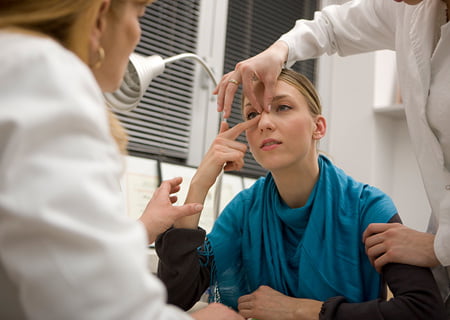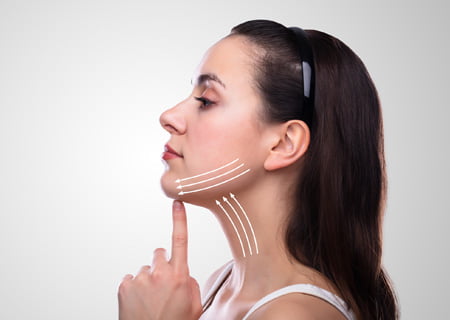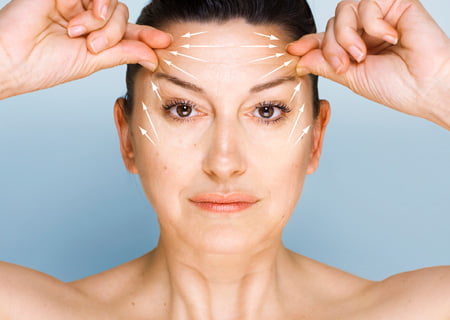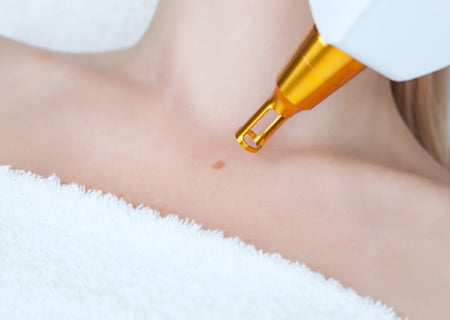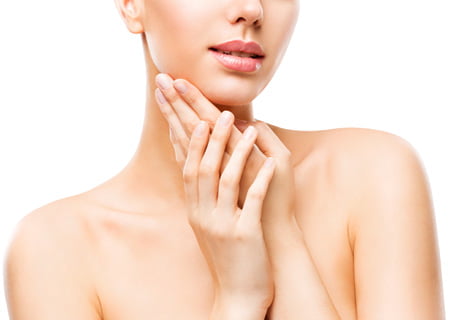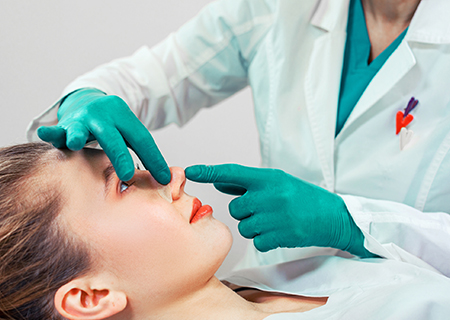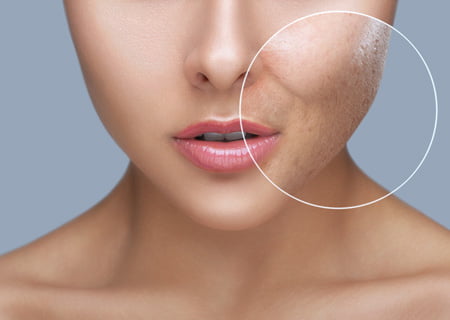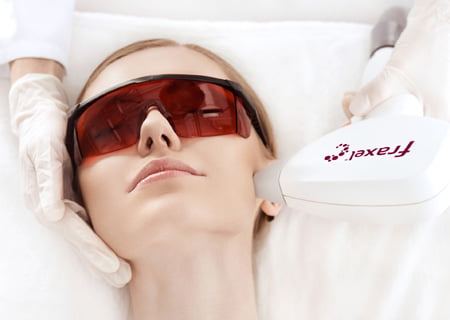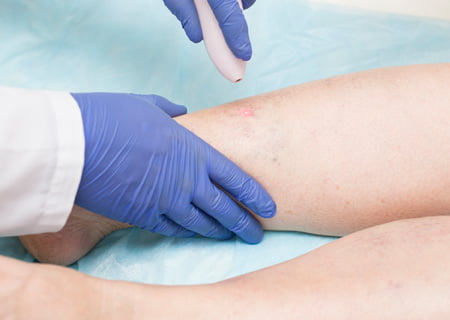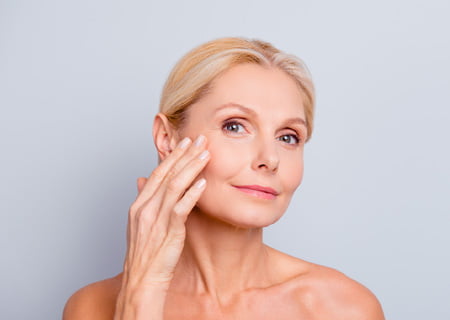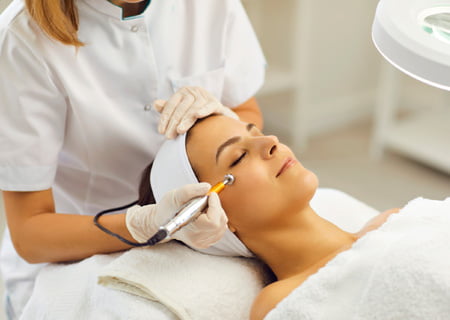Environmental Factors in Skin Aging
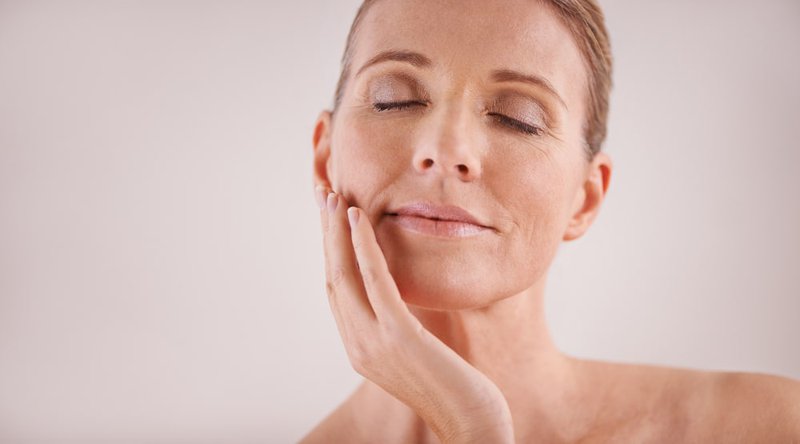
The pursuit of youthful, radiant skin has been a timeless endeavour for humans.
However, while genetics play a significant role in how our skin ages, environmental factors also exert a profound influence on its health and appearance.
The Impact of Pollution on Skin Aging
In our modern, city-centric lifestyles, contact with air contaminants is nearly unavoidable. Airborne toxins, such as fine dust particles (PM2.5), volatile organic compounds (VOCs), and heavy metals, can negatively impact the health and aesthetics of our skin.
People also search
Harmful substances such as PM2.5 have the ability to penetrate deeply into the skin, triggering oxidative stress. This stress catalyzes the breakdown of collagen and elastin, essential proteins that maintain the skin's elasticity and firmness. Consequently, premature signs of aging, such as wrinkles and fine lines, become increasingly apparent.
Exposure to pollutants can also result in hyperpigmentation and uneven skin tone, and can exacerbate conditions like melasma, leading to the appearance of dark spots and discolouration. Additionally, pollutants can clog pores, instigating acne outbreaks. Moreover, they can interfere with the skin's protective barrier, increasing its vulnerability to sensitivity, redness, and inflammation.
To counter these negative effects of pollution on your skin, consider implementing a comprehensive skincare regimen that includes cleansing, exfoliating, and incorporating antioxidants such as vitamin C into your daily routine.
The Impact of Sun on Skin Aging
Sunlight is essential for our health, providing us with Vitamin D. However, overexposure to the sun, especially unprotected exposure to harmful UV rays, can significantly accelerate skin aging.
- Photoaging: Solar UV radiation is a primary factor in photoaging, characterized by the emergence of wrinkles, fine lines, and age spots. UV rays cause the degradation of collagen and elastin fibres, leading to loss of skin suppleness.
- Risk of Skin Cancer : Prolonged exposure to the sun without adequate protection increases the risk of skin cancer, including melanoma, the deadliest type of skin cancer.
- Uneven Pigmentation : Sun exposure can result in the formation of irregular pigmentation, such as freckles and sunspots, and can amplify existing conditions like melasma.
To shield your skin from the harmful effects of the sun, it's crucial to apply a broad-spectrum sunscreen with an SPF of at least 30 daily. Wearing protective gear, such as wide-brimmed hats and sunglasses, can also be beneficial.
Climate & Skin Aging
The climate in which you live can also influence how your skin ages. Extreme temperatures, varying levels of humidity, and environmental factors can all affect your skin's health and appearance.
- Dry & Cold Climates : In dry and cold climates, skin dehydration and flakiness can occur. Prolonged exposure to low humidity levels can strip moisture from your skin, leaving it looking dull and tired.
- Hot & Humid Climates : In hot and humid conditions, excessive sweat can block pores and trigger acne outbreaks. High levels of humidity can also lead to skin inflammation and irritation.
- Wind & Pollution : Windy weather, often carrying airborne pollutants, can remove the skin's natural oils and cause irritation, leading to a compromised skin barrier and premature aging.
To address climate-induced skin issues, it's vital to adapt your skincare regimen to your environment. Hydrating moisturizers and serums can alleviate dryness in cold climates, while oil-free and lightweight products are recommended for hot and humid conditions.
Aesthetic Procedures to Counteract Skin Aging
While a robust skincare routine and protective measures can significantly help prevent and minimize signs of skin aging, some individuals may opt for more advanced aesthetic procedures for optimal results.
- Botox and Dermal Fillers : These injectable treatments can effectively diminish the appearance of fine lines and wrinkles, restoring a more youthful appearance. Botox works by relaxing facial muscles, while dermal fillers add volume to areas that have lost fullness over time.
- Chemical Peels : Chemical peels can exfoliate the top layers of the skin, removing damaged skin cells and stimulating collagen production. They can improve skin texture, reduce fine lines, and diminish pigmentation issues.
- Laser Therapy : Laser treatments can target various skin concerns, including sun damage, wrinkles, and acne scars. Fractional laser therapy, in particular, promotes collagen remodelling and skin tightening.
- Microneedling : This minimally invasive procedure exfoliates the skin's surface, revealing smoother and more youthful-looking skin. It's an effective option for treating fine lines, dullness, and mild pigmentation issues.
- Surgical Procedures : For those seeking more comprehensive rejuvenation, surgical options like facelifts and eyelid surgery can provide long-lasting results by addressing sagging skin and tissue.
All in all, environmental factors play a significant role in the aging process of our skin. Pollution, sun exposure, and climate can all have detrimental effects, causing premature aging, uneven pigmentation, and other skin concerns.
Fortunately, advancements in cosmetic procedures offer effective solutions to combat these effects and help you maintain a youthful appearance.
If you're considering cosmetic procedures to address skin aging, look no further than Facial Cosmetic Surgery. Contact us today to schedule a consultation and embark on your journey to healthier, more youthful-looking skin.
